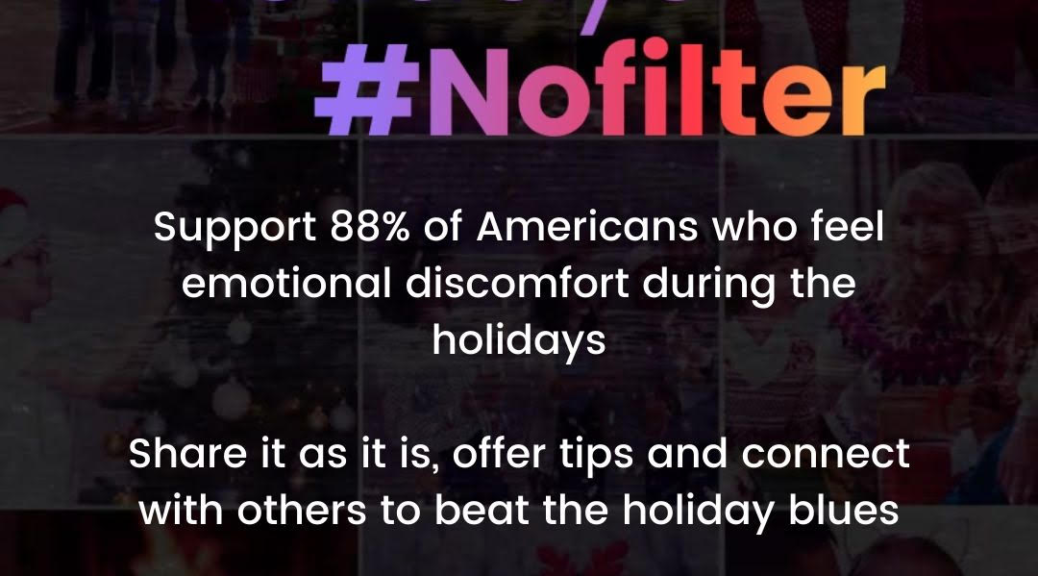“This training should not be missed by healthcare professionals who provide treatment for eating disorders,” said Blanche Williams, Director of International Development at the iaedp™ Foundation.
PEKIN, Ill. (PRWEB)
November 16, 2021
In just four days, eight speakers representing six countries will gather virtually as featured presenters at The International Association of Eating Disorders Professionals’ (iaedp™) International Chapter’s “Build A Professional Practice as an Eating Disorder Professional: The Business and Clinical Foundations” — this year’s annual Professional Training Days series for eating disorders treatment professionals.
The presenters represent the United Kingdom, Costa Rica, Canada, Egypt, Bulgaria and the United States. There is still time to register to attend by visiting here: https://iaedp.site-ym.com/event/intltrainingday2021.
“This training should not be missed by healthcare professionals who provide treatment for eating disorders. Speakers for the training are leading eating disorder clinicians who have already gained success in their own private practices,” said Blanche Williams, Director of International Development at the iaedp™ Foundation.
The two-day program agenda and speaker line-up include:
Friday, November 19, 2021
“The Business Foundation for a Successful Private Practice as an Eating Disorder Professional”
Co-Presenters: Andrew Sofin, MA, RP, TCF, RMFT and Amanda Bacchus, RSW, RP, RMFT (Canada)
Saturday, November 20, 2021
-
“Best practices for working with the family of an ED client: The Cognitive Interpersonal model for anorexia nervosa”
KEYNOTE Presented by Janet Treasure, PhD, FRCP, FRCPsych, OBE (UK)
- “Integrative treatment for eating disorders and ACT”
Presented by Rick Bishop, MD, CEDS, FAED, F.iaedp (USA)
- “Psychotherapy in the treatment of eating disorders”
Presented by Elisaveta V. Pavlova, PhD, CEDS (Bulgaria)
- “Psychiatry in the treatment of eating disorders”
Presented by Heba Essawy, MD, CEDS (Egypt)
- “Medical complications of eating disorders across the pediatric and adult spectrum”
Presented by Suzanne Mac Donald, MD, FRCP(c), FAAP (Canada)
- “Rebuilding the Food Identity in patients with eating disorders”
Presented by Rosanna Mauro de Maya, MS, CEDRD-S (Costa Rica)
Hosted by the Chapter Chair of Canada, Andrew Sofin, MA, RP, TCF, RMFT, registration for the training conference is open and is $125 for two full days. For current students, registration is $75, and the group registration rate is $75 per person for three or more. Participants will be awarded a Certificate of Completion following the training.
Learn more about the iaedp™ International Chapter by visiting https://membershare.iaedp.com/international-chapter/.
About iaedp™ Foundation – Since 1985, the International Association of Eating Disorders Professionals has provided education and training standards to an international and multidisciplinary group of various healthcare treatment providers and helping professions.
Share article on social media or email:











